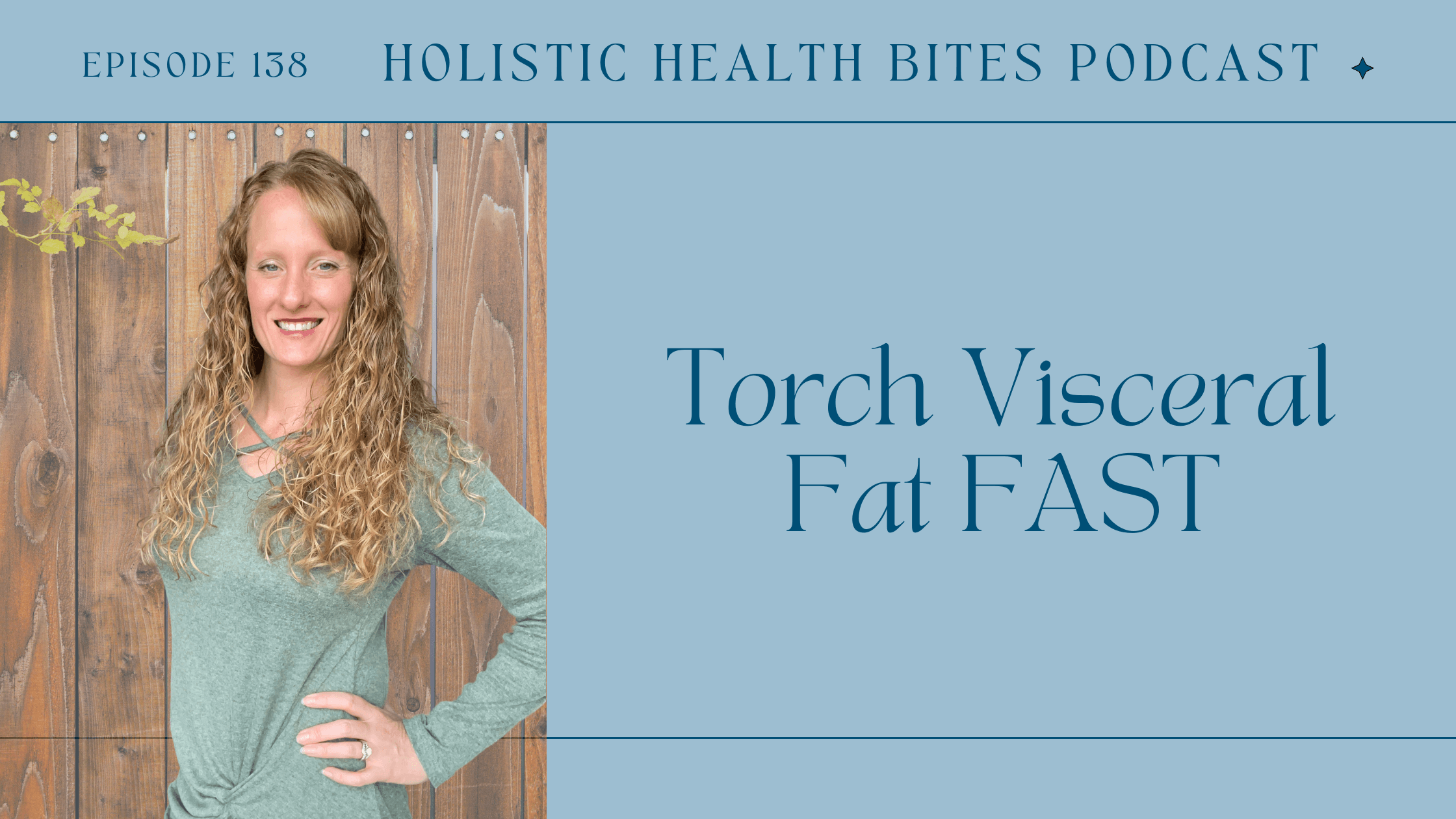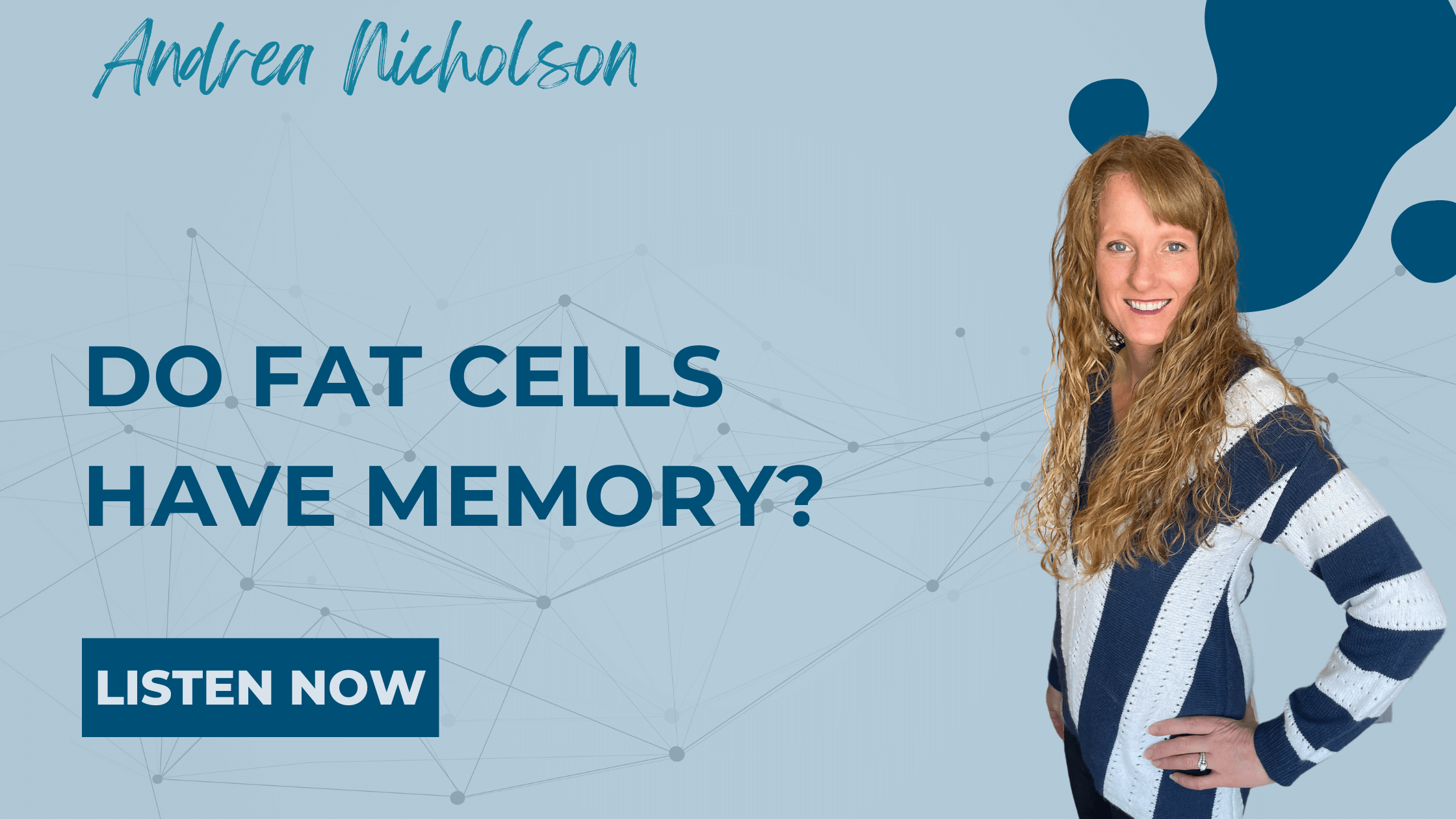
Exploring the intricate mind-body connection reveals the remarkable power of the placebo effect, demonstrating how our expectations can significantly influence physical health. The placebo, historically a staple in medical practice for patient comfort, is often dismissed today but proves through various studies to exert genuine physiological impact. Positive beliefs and thoughts release endorphins, offering pain relief and improved well-being, even paralleling the effects of potent medications in clinical settings.
Numerous studies highlight the potency of the placebo effect across diverse medical conditions. Research indicates substantial symptom relief and physiological changes in areas like bone fracture recovery, hypertension, ADHD, autism, Parkinson’s disease, and even infertility, purely through the power of belief. Patients experiencing placebo treatments often report significant improvements, sometimes surpassing those receiving actual medical interventions, emphasizing that expectation and perception can intrude deeply upon outcomes.
The implications of the placebo extend beyond merely "doing nothing," signifying a profound intersection of psychology and physiology. This paradox challenges traditional views by suggesting that one's belief in treatment can be as crucial as the treatment itself.
Read more...
This post delves into effective strategies for reducing visceral fat, a dangerous type of fat that surrounds internal organs and is linked to serious health issues like insulin resistance and cardiovascular disease. Unlike subcutaneous fat, which is generally protective, visceral fat can lead to inflammation and disease. The post outlines five research-backed methods to tackle this type of fat: intermittent fasting, sprinting, hippuric acid, Urolithin A, and the ketogenic diet.
Intermittent fasting is highlighted for its ability to promote fat loss while preserving muscle mass, making it an efficient method for targeting visceral fat. Sprinting, as a form of interval training, is presented as superior to moderate-intensity exercises for visceral fat reduction. The article also emphasizes the benefits of polyphenols, specifically hippuric acid and Urolithin A, found in high-polyphenol foods, which have shown promising results in reducing visceral fat when combined with a Mediterranean diet.
The ketogenic diet is explored through a recent study that demonstrated significant reductions in visceral fat and improvements in quality of life without calorie restriction. Participants experienced weight loss, particularly those with more weight to lose, while maintaining muscle and bone mass. Overall, the post underscores the importance of quality nutrition and suggests that while the ketogenic diet is a powerful tool for fat reduction, starting with a healthy diet is essential, and multiple dietary approaches can lead to success in reducing visceral fat and improving overall health.
Read more...
Recent research published in the journal Nature suggests that past obesity might leave a lasting impression at the cellular level, potentially increasing the risk of future obesity. The study found that individuals who had lost significant weight continued to display genetic expressions associated with obesity, such as higher inflammation markers and reduced metabolic function. These epigenetic changes hint at a lingering memory in fat cells, which could contribute to easier weight gain and heightened disease risk, even after weight loss.
In real-world scenarios, many factors can contribute to weight regain beyond diet and exercise, such as stress, sleep patterns, and environmental exposures. While the study does not establish a direct cause, it highlights the complexity of weight management and the potential influence of past obesity on present health. This underscores the importance of maintaining healthy lifestyle choices to mitigate the effects of epigenetic memory in fat cells.
Although it’s unclear how long these epigenetic changes persist, current diet and lifestyle choices remain the most critical factors influencing health. Researchers are keen to explore whether these epigenetic modifications might affect other areas, like appetite regulation and metabolic hormones. Overall, embracing a holistic approach to health, considering diet, lifestyle, and environmental factors, remains essential for long-term well-being.
Read more...
The pursuit of weight loss often leads people to seek drastic measures, ranging from surgeries to strict diets, in hopes of reducing fat effectively. Recently, drugs like semaglutides, including Ozempic, Wegovy, and Monjauro, have gained popularity, yet they pose significant risks. Studies suggest that while these medications promote weight loss, they also lead to muscle mass reduction, including the heart, which could have serious implications over time.
In-depth research, such as a recent study published in the Journal of the American College of Cardiology, highlights that semaglutide use resulted in both fat and muscle loss in obese mice, raising concerns about similar impacts on human organ muscles. The potential side effects, such as nausea, diarrhea, and muscle weakness, underscore the importance of cautiously balancing the risks versus benefits of these drugs. The smallest, shortest duration dosages appear less risky, but even so, patients may face muscle loss that could hinder metabolic function, leading to rapid weight regain after stopping the medication.
Despite the availability of these pharmacological options, the article advocates prioritizing natural methods for sustainable fat loss. A focus on lifestyle and dietary changes can yield healthier, long-lasting results without the severe side effects associated with weight loss drugs. The body’s inherent ability to heal, when supported naturally, often surpasses the temporary fixes medications provide, making them suitable for only the most necessary cases.
Read more...
Understanding metabolic health is crucial, as 93% of the population experiences some level of metabolic dysfunction. This post highlights essential biomarkers and metrics that you need to know for assessing and improving your metabolic health. By being informed of these vital indicators, you can take proactive steps to enhance your well-being and reduce the risk of potential health issues.
















